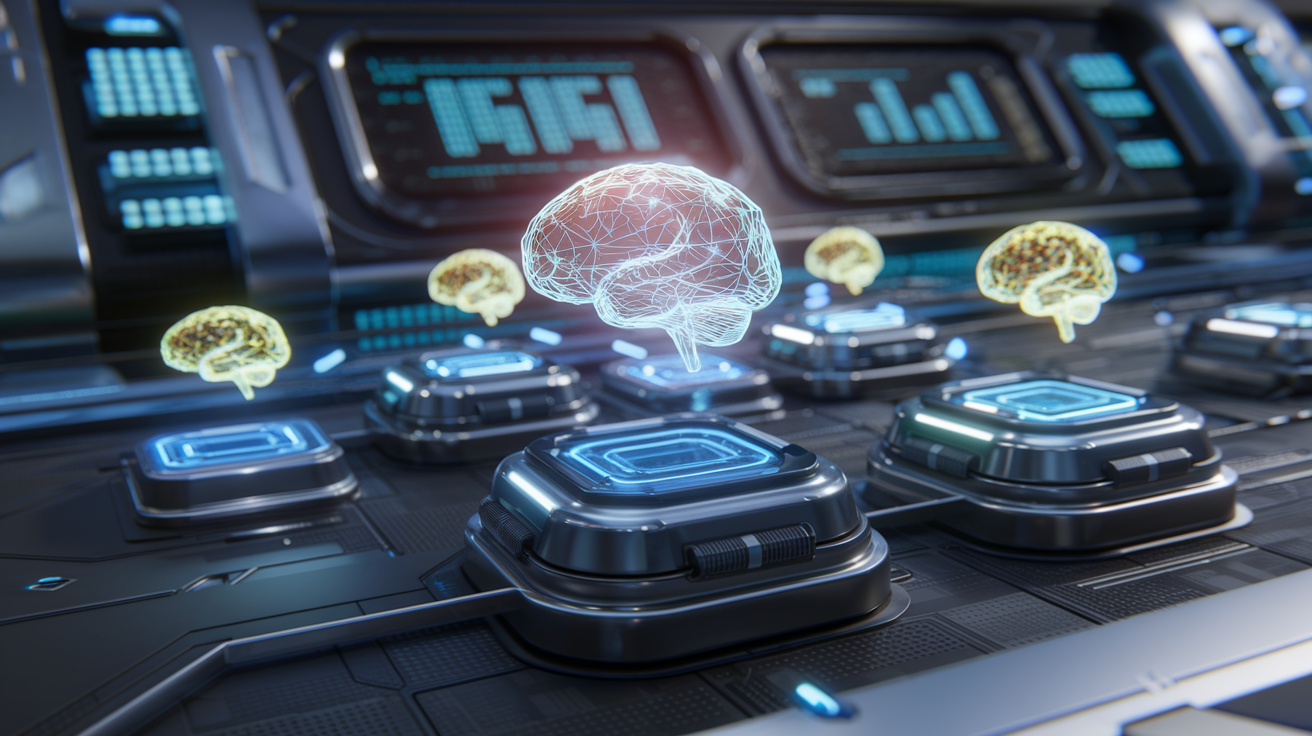
Traditional workforce training programs have often relied on a one-size-fits-all model, where employees passively consume large volumes of information in lengthy sessions. Despite the global training industry being worth $370 billion[1] in 2019, with $50 billion allocated to leadership alone, there is little evidence that these conventional methods yield measurable improvements in employee performance. A significant flaw in most training programs is the lack of evidence-based outcomes. Feedback is often anecdotal, and tracking employee progress in a precise and actionable way remains a challenge. Precision education (PE) seeks to solve this[2] by delivering highly personalized educational interventions through real-time precision content blocks — small, targeted segments of training content designed for immediate application. These micro-blocks improve retention, personalization, and adaptability, offering a revolutionary approach to workforce training that corporate decision-makers in HR and training departments should prioritize.
What Are Precision Micro-Blocks?
Precision micro content blocks are highly focused and customized pieces of training content that are delivered to recipients exactly when and what they need at a particular moment. These micro content blocks are contextually aware, which means they are triggered by specific events, tasks, or requirements. The surfacing of these content blocks is powered by advanced technologies such as AI, machine learning, and context-sensing engines. They provide recipients with relevant, precision-sized information that supports the task at hand, rather than overwhelming them with extensive material upfront that is contextually unaware.
How can real-time precision micro content blocks improve workforce training outcomes?
Enhanced Information Retention
One of the most significant challenges in workforce training is retention. According to the Forgetting Curve theory by psychologist Hermann Ebbinghaus, people tend to forget about 70% of new information within 24 hours[3]. Precision or micro content blocks is a solution for this problem.
By delivering targeted, relevant content at the moment it’s needed, precision micro-blocks tap into the brain’s natural learning process. When recipients can immediately apply new information to their tasks, they are more likely to retain it. Real-world examples of this approach can be seen in healthcare. Several years on[4], the academic community is moving toward the concept of precision education — a personalized approach to medical students and physicians as they progress along the educational continuum and through their professional lives — and working to transform it from a nascent vision to a working mode. Medical professionals use real-time micro-content to stay updated on complex procedures during surgeries, significantly reducing errors and improving patient outcomes.
Personalization and Adaptability
Every employee or user has unique learning preferences, whether it’s visual, auditory, or hands-on. Precision micro-blocks can be customized to fit these diverse learning styles, making training more effective for individuals. AI-driven systems can adapt micro content blocks based on past performance data, learning speed, and job requirements, creating a personalized learning experience for each user.
For example, in the automotive industry, where engineers and technicians are regularly introduced to new technologies, precision content blocks can provide tailored training. A new hire working on electric vehicles might receive content blocks focusing on safety protocols, while a seasoned technician may receive content related to complex diagnostic tools and particularly in view of the complexity levels of the tasks they perform at a specific moment. This level of personalization allows employees to absorb new information efficiently without unnecessary downtime.
The adaptability of precision micro-blocks also benefits companies with global workforces, as these micro-segments can be delivered in multiple languages and customized to meet local regulatory standards. This global adaptability ensures that multinational companies can maintain consistency in training outcomes, regardless of geographic location.
Real-Time Relevance
In contrast to traditional training methods that require employees to absorb large amounts of information upfront, precision content blocks are delivered just-in-time. This real-time delivery is critical in particularly those environments where immediate access to relevant knowledge can mean the difference between success and failure.
Industries such as manufacturing and logistics have already started implementing real-time micro-learning systems. Employees operating complex machinery, for example, can receive micro-blocks related to troubleshooting or safety measures directly to their mobile devices, allowing them to solve problems as they arise. This minimizes downtime, enhances productivity, and reduces the likelihood of costly errors.
Finance sector requires compliance with regulatory changes. Real-time micro-blocks can notify employees about critical updates in policy or procedures, ensuring compliance and reducing the risk of non-conformity.
Proven Effectiveness
Precision education has proven highly effective in enhancing student performance by providing tailored learning interventions based on individual needs. For instance, during the COVID-19 lockdown, a study using the CatBoost model achieved a remarkable 96.8% accuracy[5] in predicting student outcomes. This data-driven approach identified students at risk of failing, enabling timely support and improving retention. Furthermore, precision education models have shown significant effectiveness in early intervention, as evidenced by the study’s high precision rates of 97.4% for at-risk students.
The Bottomline
Real-time precision content blocks represent a significant advancement in workforce training, offering a tailored, efficient, and adaptable learning experience. By delivering just-in-time content that aligns with individual learning styles and immediate job requirements, these micro-blocks enhance retention, improve task performance, and reduce costly errors. For businesses seeking to innovate in this space, our platform, Intellectual Frontiers, offer access to cutting-edge patents in precision learning technology, such as “Micro Content Based Context Aware Precision Learning.” Decision-makers should explore these opportunities to drive training innovation and improve their organization’s competitive advantage in the market.
